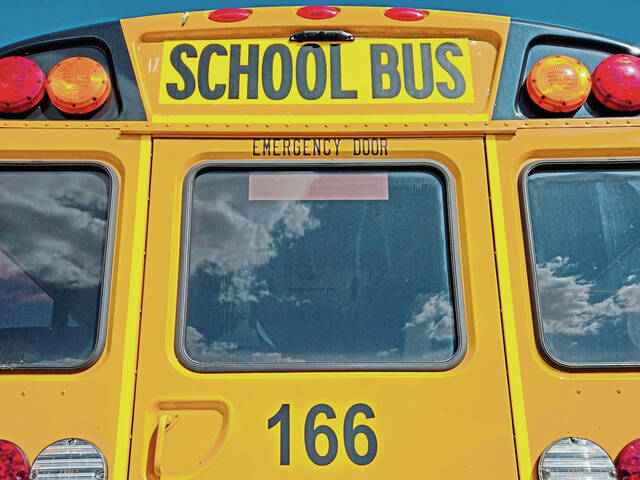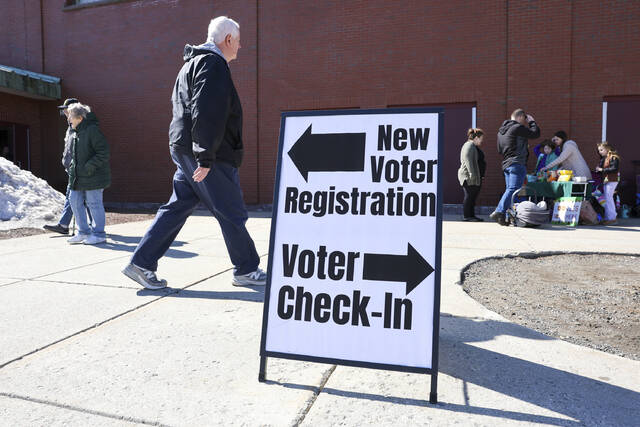The Department of Education accounts for 4% of federal spending. That’s less than Health and Human Services, Social Security Administration, the Treasury, Defense and Veterans Affairs. The 2024 federal education budget is about $79 billion.
There are more than 54 million school-age children in the United States, according to the 2021 census. That breaks down to less than $1,500 per child in federal spending. It’s less if you realize that money also has to stretch to things like vocational rehabilitation, special assistance for the disabled and programs for adult learners.
In Pennsylvania, the average cost to educate one student for one year tops $21,000.
That means local school districts and the state are scrambling for the other $19,500 or so per student in the Keystone State — and that is coming from local taxpayers.
This isn’t a surprise to Pennsylvanians. For decades, the crushing burden of paying for education has been piled on property owners, and for decades they have been crying for relief. The casino revenue was supposed to help. It hasn’t really. Then in February 2023, Commonwealth Court ruled the state’s school funding system is unconstitutional.
This saw the creation of a Basic Education Funding Commission to review, report and recommend on possible changes. The majority report adopted in January reads like the worst word problem on the SAT. Changes made will funnel additional money to underfunded school districts. However, Harrisburg lawmakers seem ultimately reluctant to find a solution for their favorite budgetary logjam.
And people want to throw in more logs.
In a Monday interview with Elon Musk on X.com, former president and GOP nominee Donald Trump talked about getting the federal government out of schools.
“I want to close up the Department of Education — move education back to the states,” he said.
It is not a new talking point. In his first term, Trump appointed Betsy DeVos as his education secretary. She told the Detroit News that she would consider a second run at that job but only if the administration finished “phasing out” the department.
The idea didn’t start with Trump, either. Former Texas Gov. Rick Perry also campaigned on the idea.
The Department of Education was created in 1979, but that doesn’t mean the feds have only been involved in schools for 45 years. Its roots go back to 1867. Before 1979, education was under the umbrella of other departments.
So when politicians talk about washing their hands of the department, do they mean to take us back to 1978 — or to 1866? Have they thought beyond the talking points?
Pennsylvania has 108,000 school teachers — and that doesn’t count other jobs like cooks, bus drivers, accountants and janitors. One of the things that can pull employers to an area is a well-educated and well-trained workforce. That’s hard to get without a good education.
Pennsylvania has some of the best universities in the country. What happens to them if education becomes less of a priority in other states? Pitt, Penn State and Carnegie Mellon likely would survive. What about the smaller private and state-related schools that act as economic engines in their communities?
Pittsburgh is not a mill town anymore. It’s built on medicine, banking and technology that all require education. So is Philadelphia. Pennsylvania would have to pick up the slack for the federal government. That would mean putting more of the burden on taxpayers. The hope of relief from tax reform could vanish before it even materializes.
Education is the lifeblood that circulates through our jobs and economy. It supports our health and well-being. It cannot be divested like selling off stock. Education is a right and a responsibility — and a legacy we owe future generations.








